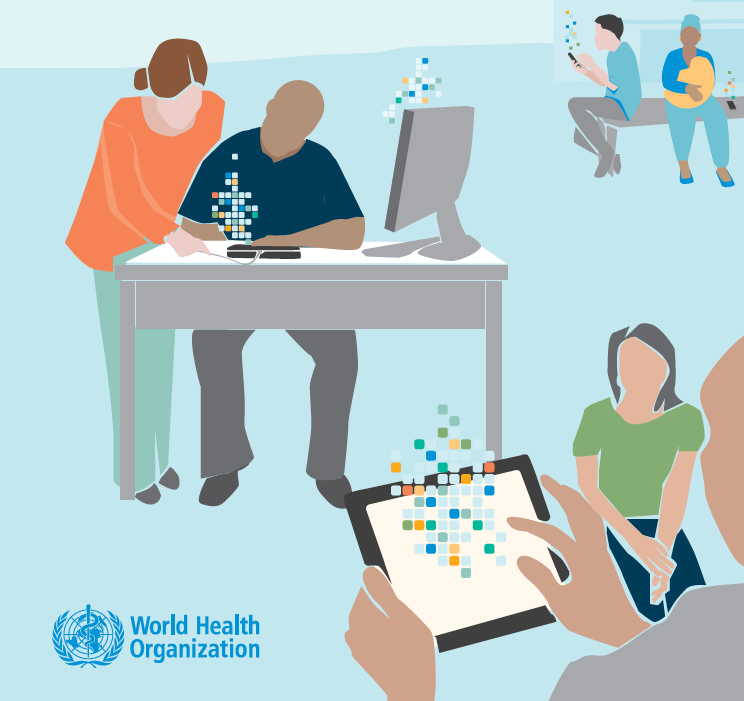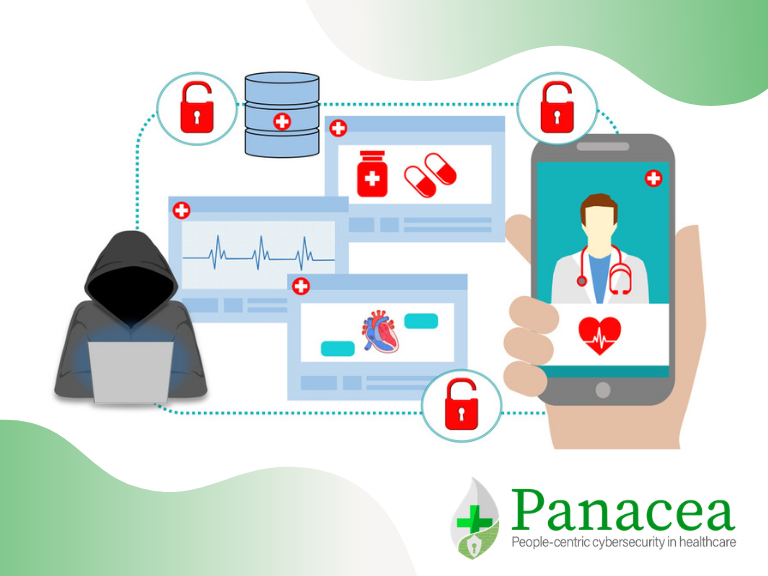The number of cyber-attacks around the world exploded in 2020: exploiting the Covid-19 pandemic as an opportunity for cybercriminals to take advantage of the shift in focus towards smart working and hospital staff transferred to the frontline.
WHO guideline recommendations on digital interventions for health system strengthening

The World Health Organisation (WHO) has carried out a critical evaluation on emerging digital health interventions designed to improve health systems, investigating the benefits, harms, acceptability, feasibility, resource use and equity considerations. The focus was on digital health interventions, primarily available via mobile devices, and the extent to which they are able to address health system challenges along the pathway to UHC (United Healthcare).
These guidelines present the recommendations and implementation considerations for policy-makers and other stakeholders in making informed investments into digital health interventions. The main messages are:
- Digital health interventions are not a substitute for functioning health systems, and that there are significant limitations to what digital health is able to address.
- Digital health interventions should complement and enhance health system functions through mechanisms such as accelerated exchange of information, but will not replace the fundamental components needed by health systems such as the health workforce, financing, leadership and governance, and access to essential medicines.
- An understanding of which health system challenges can realistically be addressed by digital technologies, along with an assessment of the ecosystem’s ability to absorb such digital interventions, is thus needed to inform investments in digital health.
- Additionally, the adoption of the recommendations in this guideline should not exclude or jeopardise the provision of quality non-digital services in places where there is no access to the digital technologies or they are not acceptable or affordable for target communities.
PANACEA Research perspectives: This report is of general interest to PANACEA as part of its on-going analysis of EU and international policy measures, recommendations and guidelines, including the acceptance of IT technologies in healthcare delivery.
Lookout Watch entry date: 07/08/2019

